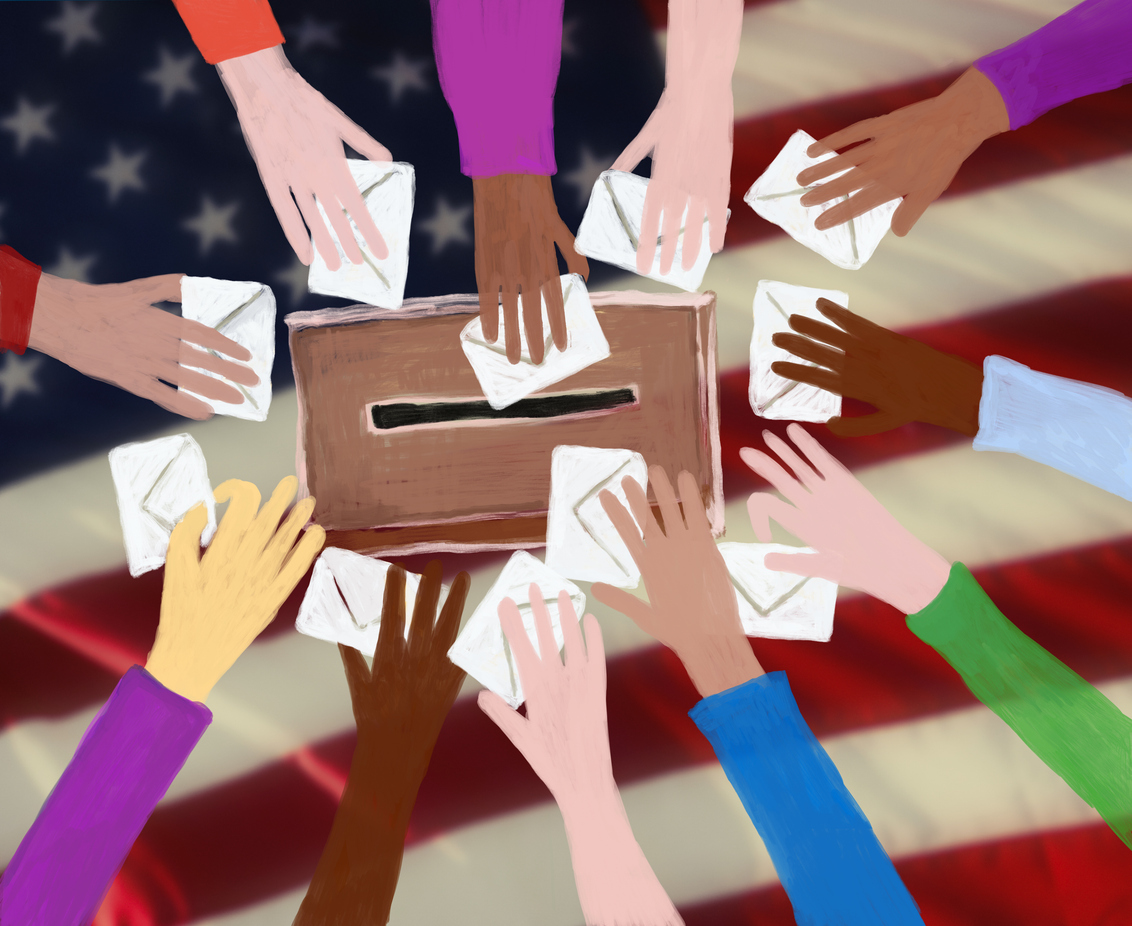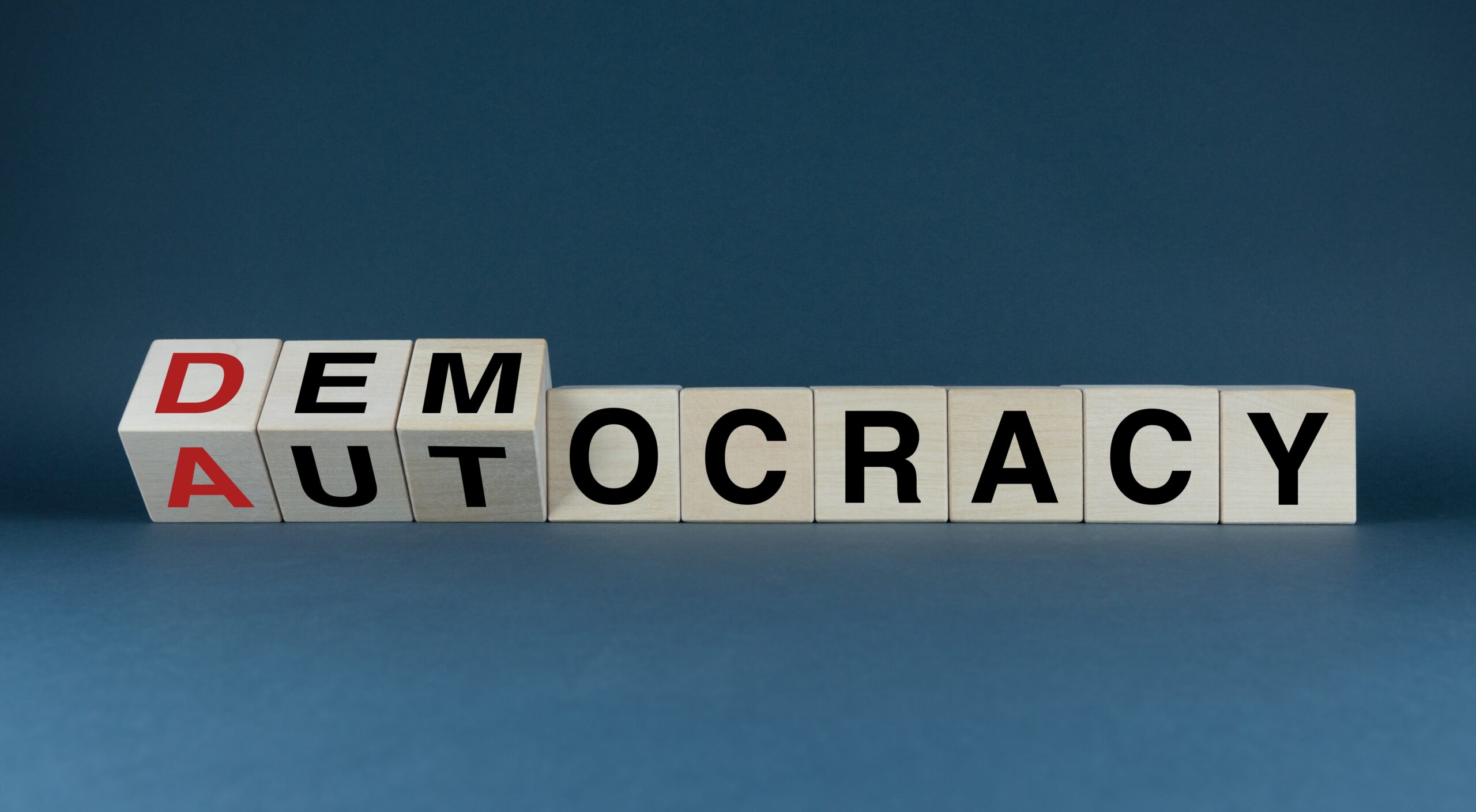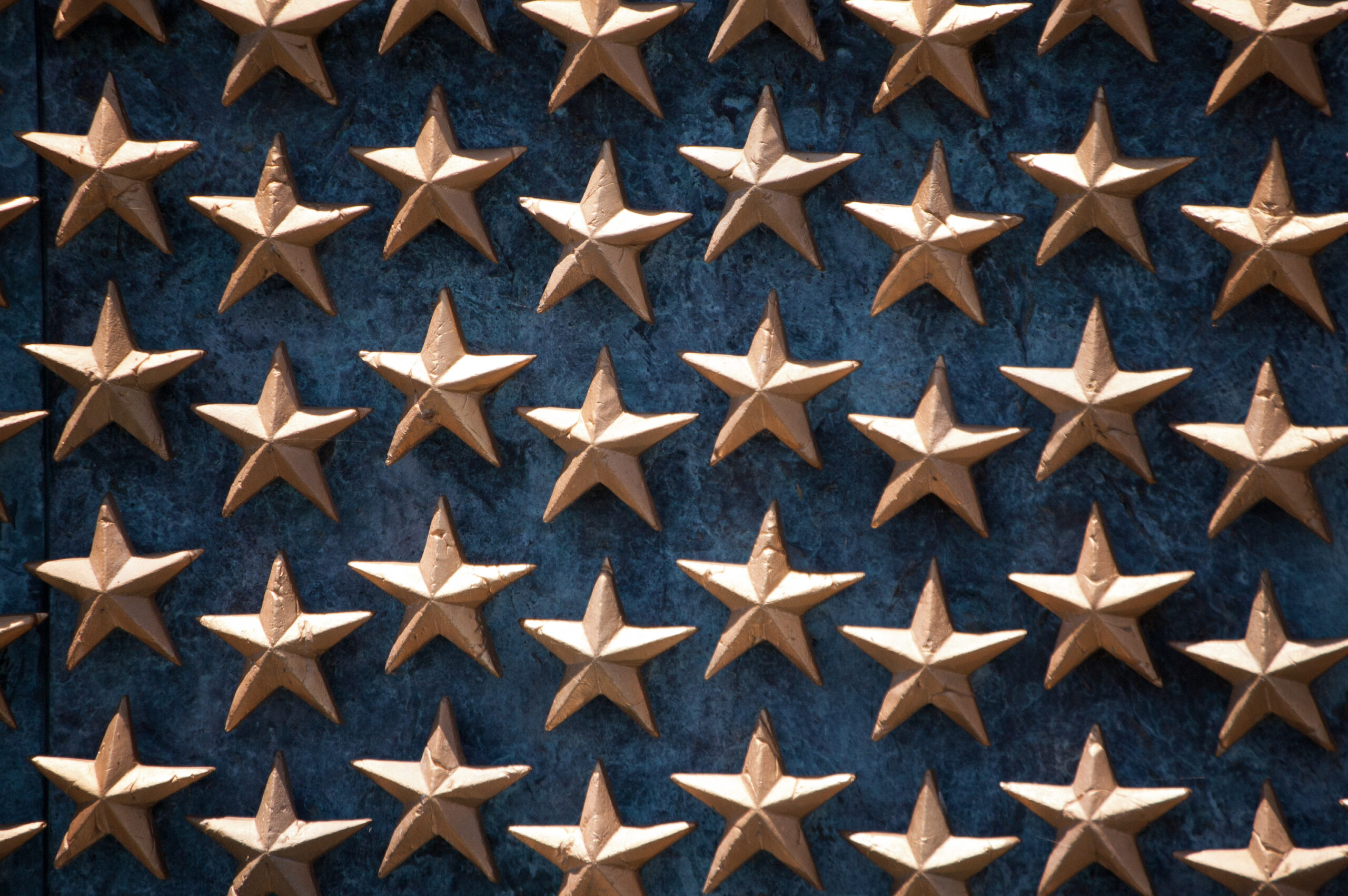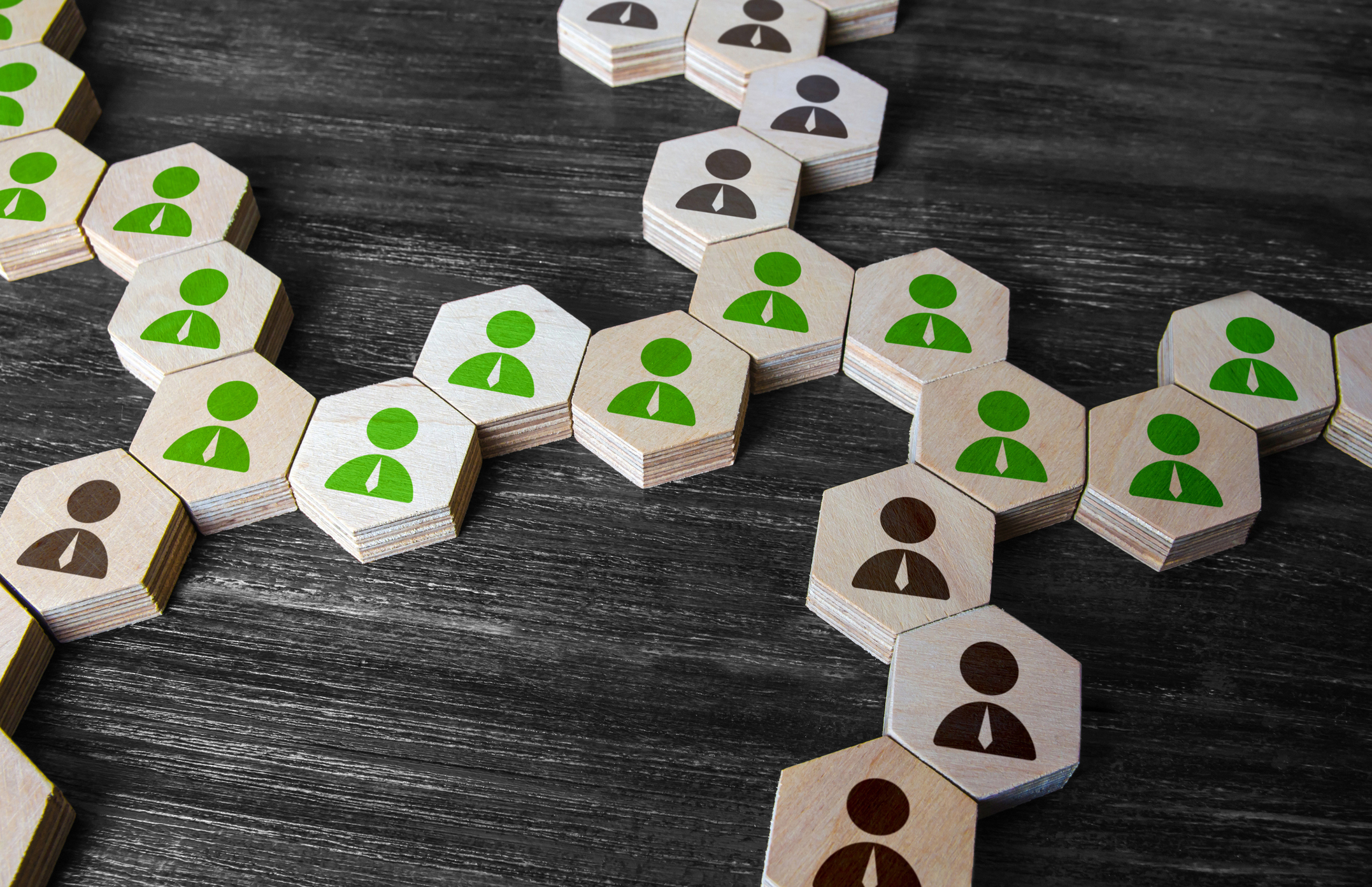Tag: Authoritarianism

US Bishops and the January 6th Capitol Attack on Democracy: A Pillars of Support Caselet
Time Period: 2021Location: United StatesMain Actors: US Conference of Catholic BishopsTactics - Declarations by organizations and institutions - Letters of opposition or support - Signed public statements - Newspapers and...

How you can more effectively advance multi-racial democracy
On March 3, 2024, Maria J. Stephan, co-lead of the Horizons Project, discussed her work to strengthen multi-racial democracy in the US and globally to the Forum at All Souls...

Can Multiracial Democracy Survive?
*This article was written by Chief Organizer Maria J. Stephan and was first published on Sojourners. Racial justice and pro-democracy advocates share a common agenda. DEMOCRACIES OFTEN DIE by a...

Understanding Pillars of Support
Horizons has been focusing on how various Pillars of Support, notably faith-based organizations, businesses, unions & professional associations, and veterans/military groups, have contributed to authoritarian systems and how they have...

Good vs. Toxic Polarization
Polarization is generally considered a necessary and healthy aspect of democratic societies. In his writing on social change work, Quaker activist and trainer George Lakey compares polarization to “a blacksmith’s forge,” one...

The Global Far-Right Authoritarian Alliance Threatening US Democracy – And How to Weaken It
*This article was written by Chief Organizer Maria J. Stephan and was first published on Just Security. Hungarian Prime Minister Victor Orban sparked widespread outrage a year ago with a speech to members of the...

THE PILLARS PROJECT: Veterans and Military Families
*By former Director of Applied Research Jonathan Pinckney. Why should veterans and military families care about authoritarianism? American democracy is in a moment of crisis. Long-standing authoritarian trends and practices...

THE PILLARS PROJECT: Labor Unions and Professional Associations
*This article was written by former Director of Applied Research Jonathan Pinckney. Why should labor unions and professional associations care about authoritarianism? American democracy is in a moment of crisis....

THE PILLARS PROJECT: The Faith Community
*This article was written by former Director of Applied Research Jonathan Pinckney. Why should faith communities care about authoritarianism? A flourishing democracy is one of the strongest protections for the...

THE PILLARS PROJECT: The Business Community
*This article was written by former Director of Applied Research Jonathan Pinckney. Why should business leaders care about authoritarianism? There is a long-standing recognition among many American business leaders that...
